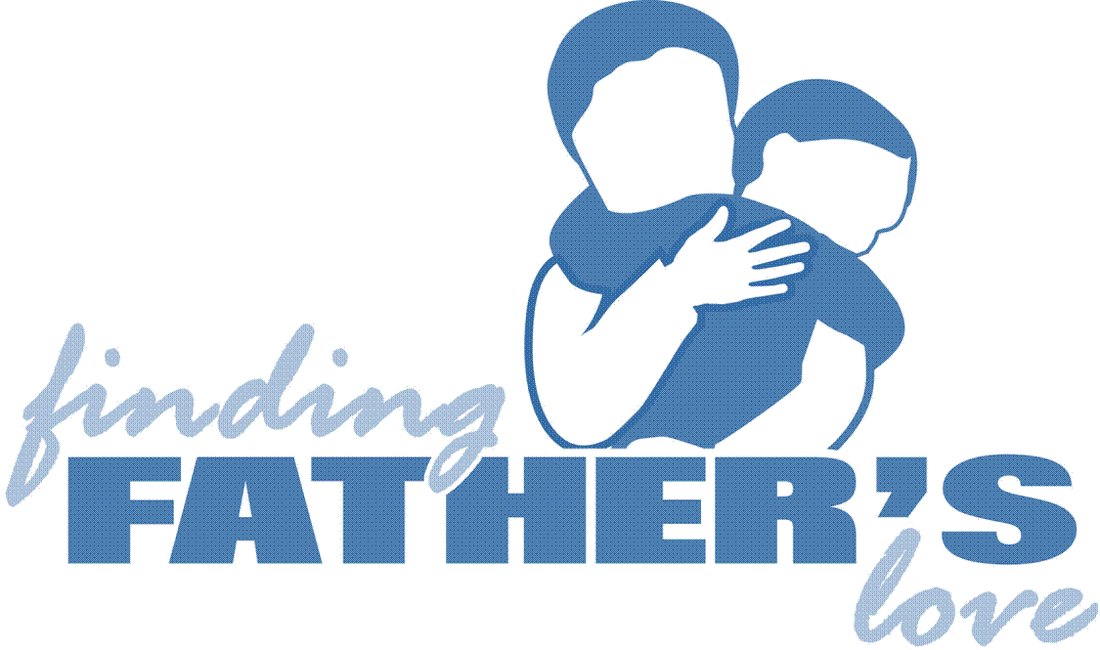
I have an inquiring mind. I have always asked "why"--sometimes over and over again--when things don't make sense. I don't mean to suggest that my incessant questioning as a child was problematic for those around me. It was purely a coincidence that my mother was on medication and most of my grade school teachers chose early retirement.
Excuse me, but as I was growing up there were many questions that demanded answers. I needed to know why we can't we tickle ourselves. I found it valid to ask what makes Teflon stick to the pan. I was justifiably curious as to whose cruel idea was it to put an 's' in the word 'lisp.' I had to know these things.
Asking questions helps us learn. It deepens our understanding of the world we live in. It gives us insight as to why things are the way they are.
A recent study revealed the ten most asked questions in the world. Among the most common queries:
- Is there a god?
- Is there life on other planets?, and
- How can I lose weight and keep it off?
Good questions, those. But there is one question on that top ten list that, having worked for years at a counseling agency and in pastoral ministry, has far and away been the number one question asked of me: Why do bad things happen to good people?
It doesn't make sense, does it? Shouldn't good people experience good things and bad people bad things? Why would God allow anyone, least of all model Christians, to suffer hardship and heartache? If He truly loved His children why would He permit them to go through times of pain and suffering? Shouldn't adversity be given only to bad people--you know, people who deserve it?
So why do bad things happen to good people? The answer is simple, really. You're probably not going to like it but here it is: Bad things happen to good people because life isn’t fair. Period. And the sooner we grasp that simple truth, the more peace and contentment we will have in our lives.
Bad things will happen to good people, good things will happen to bad people, simply because life isn't fair. I know that answer is about as unsatisfying a a parent saying, Because I said so, that's why, but that's just how it is.
No matter how Christ-like our lives, strong our faith, and pure our motives, none of us can prevent bad things from coming our way.
Not even those whom God chose to play leading roles in His story were exempt from adversity. Joseph was sold as a slave by his own brothers and was later sentenced to prison for something he didn't do. David, after suffering unjustly for years at hands of King Saul, experienced the most devastatingly unjust heartache of all--the death of a child. Legend has it that eleven of Jesus's best buddies--His twelve hand-picked disciples--died horrible, painful deaths, from being stoned to being set on fire.
Today's world continues to be filled with injustice and unfairness. Good people lose their jobs. Stellar reputations are slandered. Innocent kids are abused. Parents get divorced. People we love get cancer. Grandpas and grandmas die.
Asking why bad things happen to good people is a logical question. But if we truly long for insight as to why things are the way they are, if we want to have peace in our souls no matter what comes our way, perhaps we need to ask a different question. Rather than asking God, Why do bad things happen to good people? we would be better served asking Him, How do good people handle bad things? Or, more specifically, How do I handle bad things?
We aren't able to choose whether or not we have hardships in life. But we most certainly can choose how we're going to handle those hardships. We can moan and complain and feel sorry for ourselves and shake our fists at a God who we perceive as cruel and unjust. Or, we can accept the fact that life isn't fair, seek to grow through adversity, and open our arms to a God who Scripture says heals the broken-hearted and binds up their wounds (Ps. 34:18).
The likely consequences of Choice A are frustration, anxiety, anger, bitterness, and distance from God. But when we choose the latter, we can actually accept our difficulties, see them as opportunities for spiritual growth, and learn to trust the biblical truth that God is a Father who always has His kids' best interests in mind. Teacher and author Oswald Chambers once said, “Faith is unutterable trust in God, trust which never dreams that He will not stand by us.”
Life isn't fair. Bad things will happen to good people. But will our response to bad things be utter devastation or unshakable devotion? Will it be seething defiance or simple submission? Will it be ruined fellowship with God or renewed faith in Him?
The choice is ours.



 RSS Feed
RSS Feed